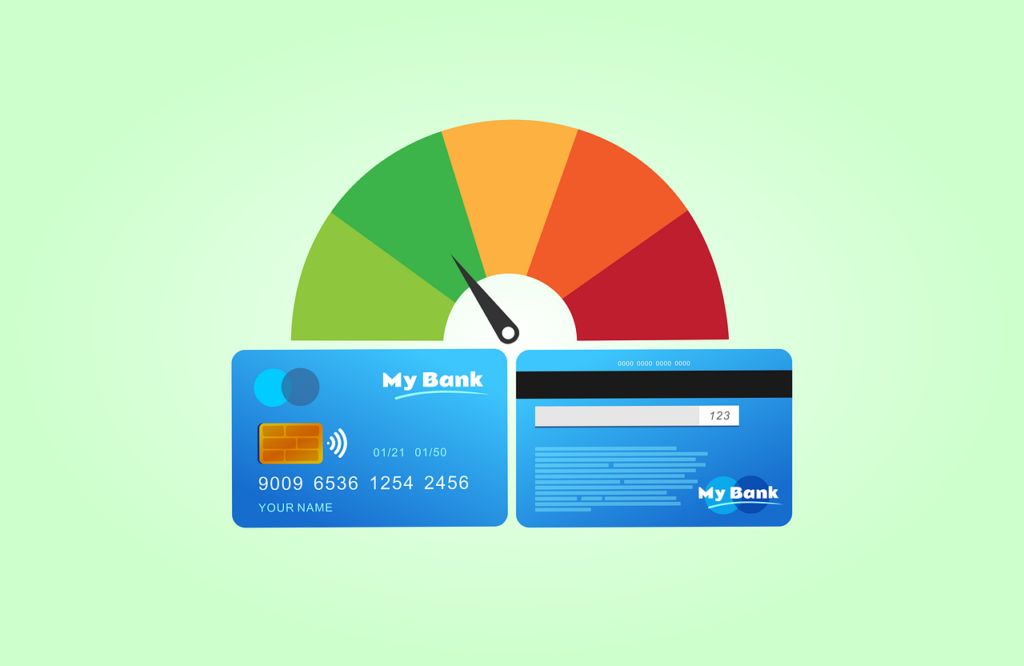How to Elevate Your Credit Score: It’s All About the Journey

A high credit score can open doors to financial opportunities, from securing better interest rates on loans to getting approved for credit cards with enticing rewards. Many of us are eager to find a way to raise our credit scores quickly, but the truth is that building good credit is more of a marathon than a sprint. While there’s no magic formula to boost your credit score overnight, there are effective strategies and habits you can adopt to steadily elevate your creditworthiness. In this blog post, we’ll explore the essential factors that influence your credit score and provide practical tips to help you embark on the journey of raising your credit score over time.
The Five Credit Score Influencers: Understanding the key components that make up your credit score is the first step towards improving it. Here are the five factors that play a significant role:
- Payment History:
- The most substantial contributor to your credit score.
- Always make on-time payments; late payments can negatively impact your credit history for up to seven years.
- Credit Usage (Credit Utilization):
- Measures how much of your available credit you use.
- Aim to keep credit utilization below 25%.
- Length of Credit History:
- Considers the age of your oldest and newest credit card accounts.
- Longer credit history reflects responsible credit management.
- Electoral Roll Registration:
- Proves your presence at your current address.
- Suggests responsible behavior to lenders.
- Age of the Oldest Active Account:
- Demonstrates your experience in managing credit.
- More financial history enhances your credibility with lenders.
Practical Tips to Boost Your Credit Score: Now that you’re familiar with the factors that shape your credit score, let’s explore some actionable strategies to gradually enhance it:
- Regularly Check Your Credit Report:
- Monitor your progress by reviewing your credit report.
- Report and dispute any errors, which, when corrected, can improve your credit score within 30 days.
- Sign Up for Free Credit Monitoring:
- Credit monitoring services can alert you to important changes in your report.
- Detect and dispute any fraudulent activity to prevent credit score damage.
- Tackle Outstanding Debts:
- Develop a plan to pay off your bills.
- Consider the snowball or avalanche method to prioritize debts.
- Consolidate credit card debt for easier management.
- Set Up Direct Debits:
- Ensure timely payments by automating credit card payments.
- Consistent payment history is essential for your credit score’s health.
- Pay Twice a Month:
- Divide monthly payments into smaller, bi-weekly payments.
- This results in extra payments and interest savings, reducing credit utilization.
- Negotiate Lower Interest Rates:
- Lower rates accelerate debt payoff, reducing credit utilization and raising your score.
- Request a Credit Limit Increase:
- A higher limit can lower credit utilization, but be cautious of hard credit checks.
- Register on the Electoral Roll:
- The longer you’re registered at an address, the more it boosts your credit score.
- Become an Authorized User:
- If new to credit, join someone else’s account to establish a positive credit history.
- Choose someone with a strong credit history and trustworthiness.
Pitfalls to Avoid: While aiming to improve your credit score, it’s essential to avoid certain pitfalls:
- Don’t Apply for Numerous New Credit Cards:
- Multiple applications can lead to hard inquiries and make you appear risky to lenders.
- Don’t Carry a Balance for the Sake of Building Credit:
- Interest charges can accumulate, and high balances increase credit utilization.
- Don’t Close Credit Cards After Paying Them Off:
- Closing accounts can harm your length of credit history.
In the world of credit, patience is key. There may be no quick fixes, but by adopting these strategies and avoiding common pitfalls, you can steadily increase your credit score over time. Remember, a higher credit score not only improves your financial prospects but also reflects your responsible financial behavior. So, take the journey towards a better credit score one step at a time, and your financial future will thank you.



